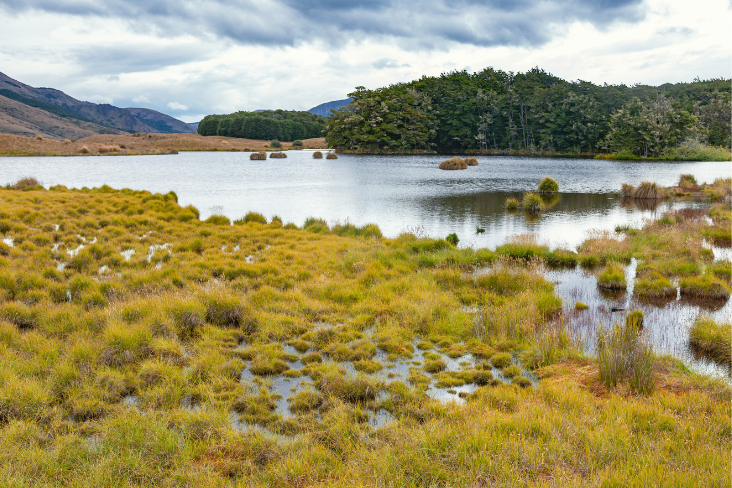Study shows Aotearoa’s species are under threat as climate crisis looms
9 December, 2025
Interview by Evie Richardson, adapted by Imogene Bedford
Senior lecturer in Science Ecology at Victoria University of Wellington, Julie Deslippe, is calling for New Zealanders to take climate action, following findings from a 30-year long study showing Aotearoa’s native species are particularly vulnerable to the implications of the climate crisis.
A global research study conducted over the past 30 years has found New Zealand’s local flora and fauna are particularly vulnerable to the effects of global warming.
The study finds that Aotearoa’s native species face significant extinction threats unless urgent action is taken to address the climate crisis.
Senior lecturer in Science Ecology at the Victoria University of Wellington, Dr Julie Deslippe, told 95bFM’s The Wire that the higher risk results from the country’s unique ecological landscape.
“There has been extensive forest loss and land conversion to agriculture and urban spaces in Aotearoa — and this has caused habitat loss for lots and lots of our species.”
She says the loss of these native species will disrupt ecosystems our local economy depends on, impacting individual well-being.
“Our connection to nature is essential to human health.”
“We depend on green spaces for feelings of calm, to connect [with] whānau and friends, for recreation, sports; all of those things that make us happy and human.”
New Zealand is a signatory of the Paris Agreement: a 2015 treaty in which 196 countries have pledged to keep the earth’s temperature increase below 1.5°C.
However, the United Nations Environment Programme recently projected that global emissions need to decrease by 42% by 2030 for this goal to be achievable.
This is why Deslippe is advocating for immediate climate action.
“Extinction really is forever and that’s why conservation and restoration are so important in Aotearoa. We have to act now if we want to stop this from happening.”
This means a reduction in our national emissions, funding for the Department of Conservation, and investment in research studies.
She says New Zealanders can also make their own small personal changes to help protect our taonga.
“The likelihood of those extinctions depends entirely on whether we cycle to work, or take public transport, or whether we drive a big engine vehicle, the decisions we make every day.”

 95bFM
95bFM 

